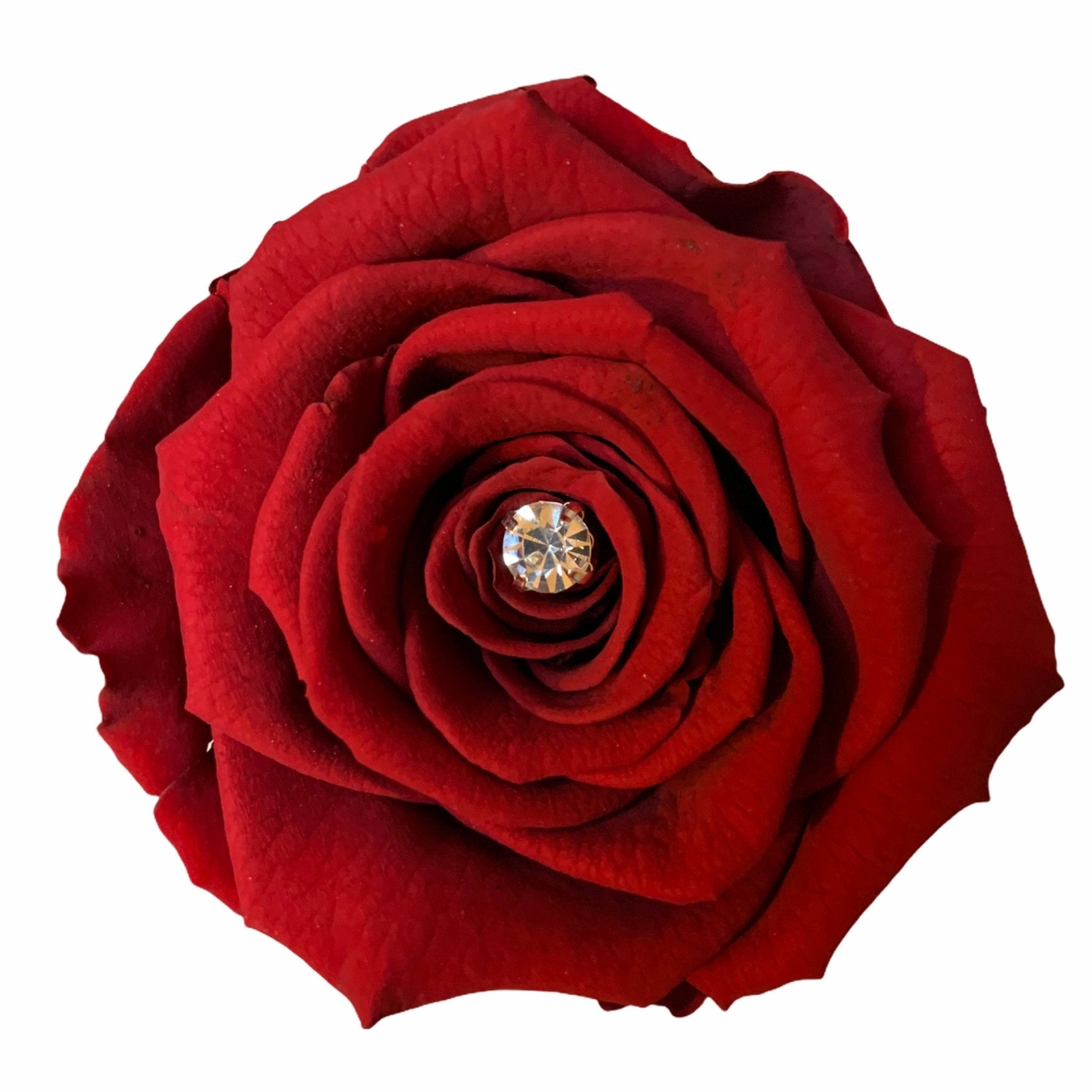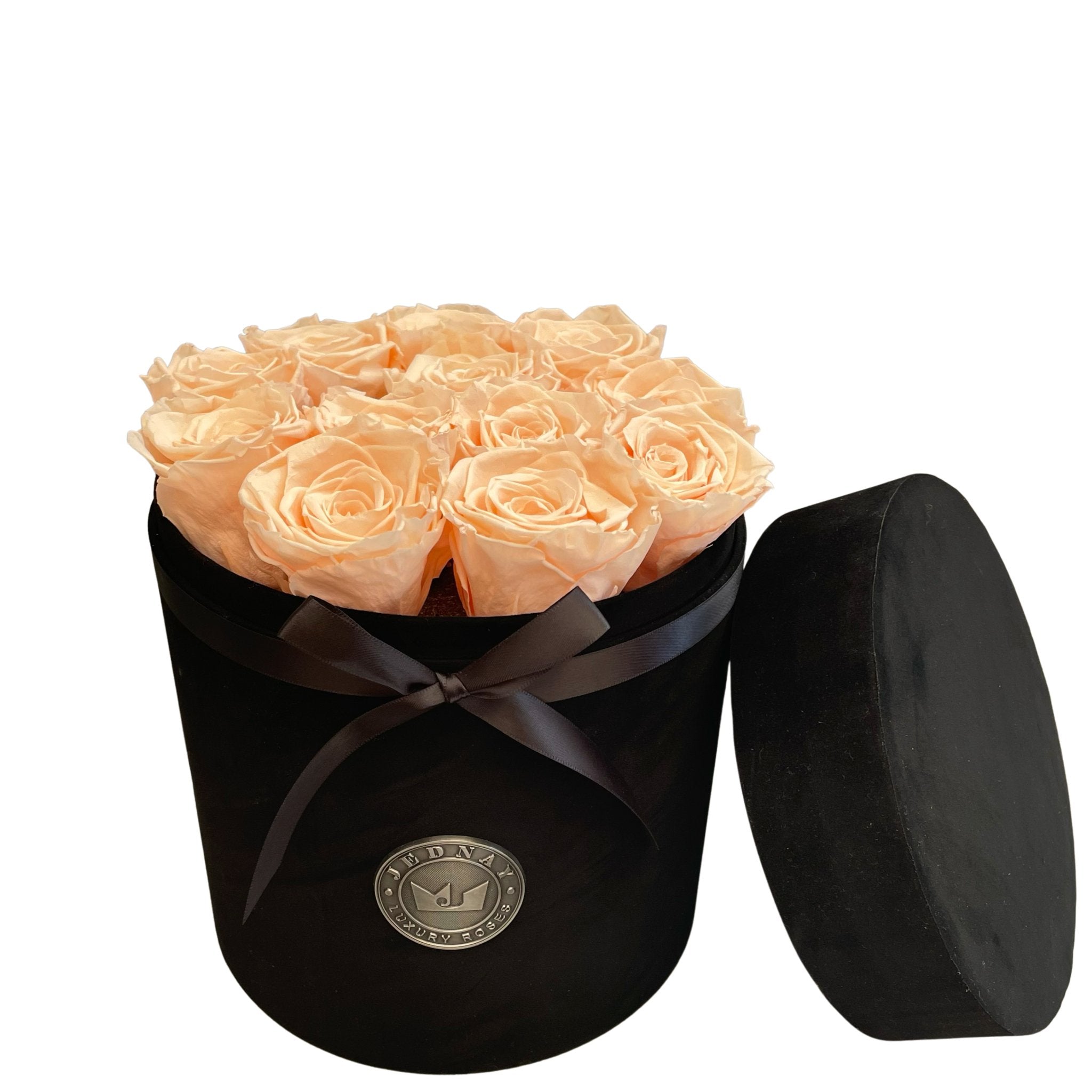
How The Red Rose Became The Symbol of England
Roses are the most romantic flowers anyone can give, ideal for occasions like wedding anniversaries of Valentines. It’s why a forever rose makes such a great gift. But roses can sometimes take on other symbolic meanings.
A prime example was the 15th century ‘Wars of the Roses’ between the House of York and House of Lancaster, these being symbolised by white and red roses respectively. Indeed, even today county cricket matches between Lancashire and Yorkshire are known as the Roses Match, although there is nothing romantic about such a fierce rivalry!
However, the Tudor red rose is not just the symbol of Lancashire, but became that of England too. This may be a matter of historical curiosity, but it testifies to the fact that the Lancastrian Tudors ultimately won decisive battles like Bosworth Field (1485) and thus the red rose, not the white, came to be pre-eminent over England.
At the same time, the red rose is not just a monarchical symbol. While cricket continues the wars of the roses with bat and ball, in another sport, Rugby, the red rose has been the national team’s symbol since 1871.
Debate remains as to whether this choice was due to English monarchs continuing to be firmly associated with the House of Lancaster (the late Queen Elizabeth II was Duchess of Lancaster and, incidentally, patron of Lancashire County Cricket Club) or simply because red was the colour of Rugby school, where the sport arose.
The explanation may even be a combination of these factors, as Elizabeth I, who used the red rose as her emblem, presented a coat of arms to the school featuring the flower prominently.
England’s national rugby team is not the only organisation to have co-opted the red rose. The Labour Party did so in 1986, replacing the old red flag symbol, and have kept the flower to the present day.
It was not designed to specifically rebrand the party as representing ‘Englishness’, but it is notable that Scottish Labour ditched it for a red thistle in 2022 to emphasise their Scottishness.



